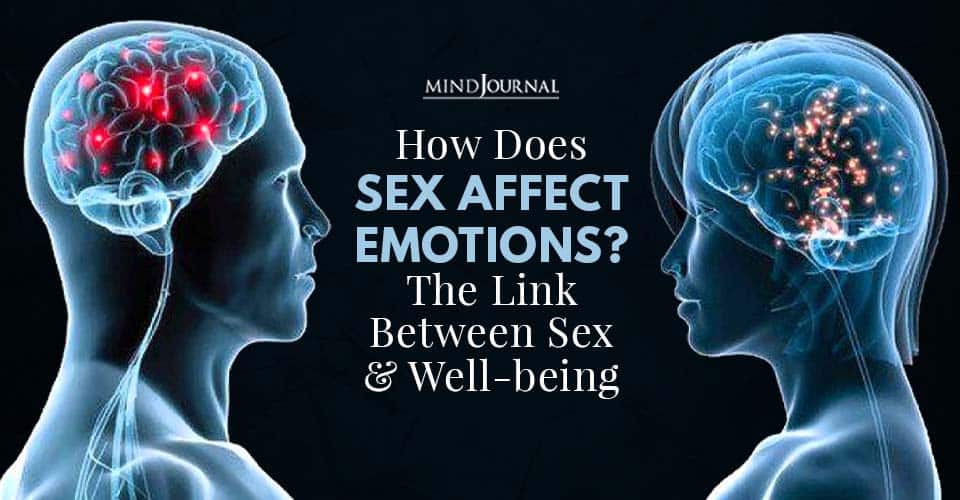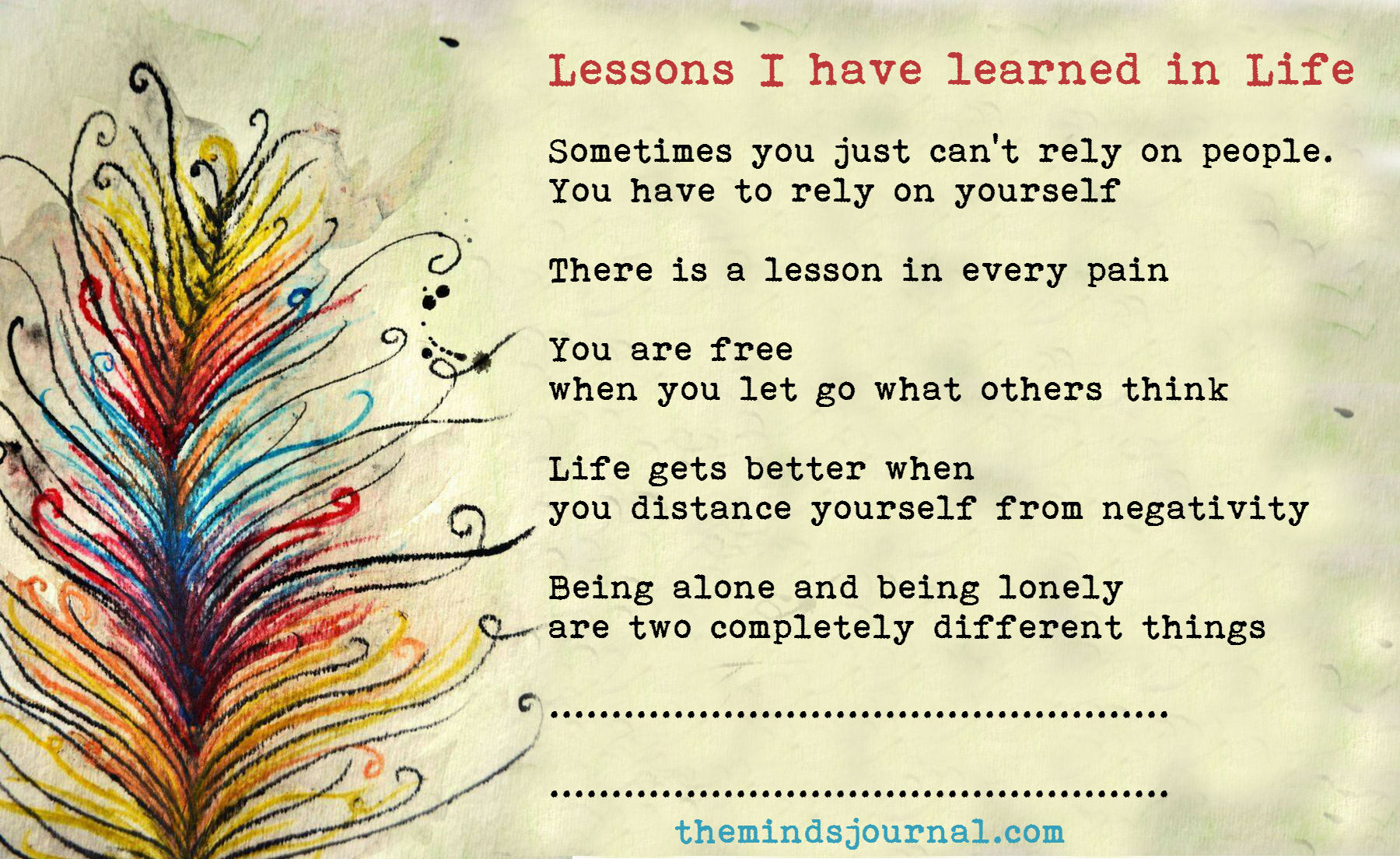Sex is good for our brains – at least according to sex therapist and neuroscientist, Dr. Nan Wise. Part of the explanation for this lies in the connection between sex and feelings. So, if you’re wondering “does sex affect emotions?”– the answer is yes, and in more ways than one.
Because of the intimate link between sex and feelings; satisfying sex, unsatisfying sex and even no sex at all – all has an impact on our emotions.
In this article, you’ll learn about three effects sex has on your emotional well-being – and they’re not always positive ones.
1. Sex leads to greater well-being
Dr. Nan Wise means that more sex and pleasure all-round in life leads to increased happiness, productivity, and mental well-being.
For some, sex doesn’t just lead to happiness – but rather, a high. One that some researchers compare to other highs – both natural and otherwise.
So, that would mean that the more sex you have, the happier you are, right? Well, not necessarily.
Research has found that having sex once a week in a relationship leads to greater well-being. But well-being doesn’t seem to increase if you have sex more than once a week.
While we may not understand why the effects of sex don’t increase the more often we have sex – it’s clear to see sex can be beneficial to us in many ways.
Knowing that the answer to the question “does sex affect emotions” – is yes, and in fact, positively so, might feel stressful. Especially if you’re struggling with low sex drive or a sexless relationship.
You might feel like you’re missing out.
Or that by not having sex, you’re making yourself feel bad in some way.
If this is you, I want you to know that if you don’t want to have sex – you shouldn’t force yourself to. There are lots of ways of increasing libido (if that’s what you want), and one of them is working out why you don’t feel like having sex in the first place.
Read 3 Deep-Seated Reasons Why Your Sex Drive Is Gone
2. Sex relieves stress among people of all genders
Stress can be awful. Not only is our body working overtime to try and protect us from a perceived threat, our mind is also hijacked by worrying thoughts. Thankfully, there are lots of ways of relieving stress, and one of them, is actually having sex.
When we have sex our body releases oxytocin (also known as the feel-good hormone). When this hormone is released we feel more relaxed, loved-up and at peace. Proof that the answer to the question “does sex affect emotions”, is yes.
This is a bit of a catch-22 though – because we don’t necessarily want to have sex when we’re stressed.
In fact, stress is one of the most common causes of low libido.
But despite the negative connection between stress and sex drive, it doesn’t always mean we don’t have sex. In fact, for some people, sex and masturbation are their number one go-to for stress relief.
In my online sex coach practice, I’ve found that those who identify as men, are more prone to dealing with stress through sex. Women on the other hand, are more likely to shut down sexually. This doesn’t mean men are more sexual than women, it just means we might deal with things differently.
Read How Female Sexuality Changes During Her Life
A lot of times, the way we handle feelings such as anxiety and stress, is affected by what gender roles dictate is ok behaviour.
For example, typically, having a lot of sex or masturbating is seen as more of a male activity than a female one. And dealing with stress by crying or talking it out with a friend – is generally deemed more ok if you’re a woman.
Regardless of your gender, using sex as a means of de-stressing can be effective – and once the stress is gone, you’re likely to experience greater well-being.
3. Sex can make some people feel down
When people ask me: “does sex affect emotions”, they’re usually curious about the positive effects of sex. However, for some people, sex doesn’t lead to greater well-being. Instead, it triggers something we sex therapists refer to as postcoital dysphoria.
Postcoital dysphoria is characterized by feeling sad or annoyed after sex or masturbation. Oftentimes, it can be confusing as these negative feelings can occur after a satisfying experience.
This can lead you to question whether you really wanted to have sex or not. Or if there’s something wrong with your relationship, or perhaps even more worrying – something wrong with you.
None of this has to be the case. Sometimes crying is a way of decompressing after a satisfying experience, like sex. In fact, oxytocin leads to some people feeling more sensitive and closer to tears in general.
In my work as a sex therapist, I’ve found some clients who experience sadness and irritability after sex are more emotional people all-round. They have strong emotional reactions to a lot of things, and thus, experiencing a range of feelings after sex, is aligned with who they are otherwise.
While we still don’t know enough about why postcoital dysphoria occurs – rest assured, you’re not alone in experiencing it.
Sex And Emotions Live In Tandem
When I help people as a sex therapist, most of my time isn’t spent discussing positions and different kinds of sex toys.
It’s spent talking about feelings. The ones we have about having sex, about not having sex, and the ones we experience while we do the deed.
Sex isn’t just a pleasurable, physical experience – it’s an activity that can affect us at our core.
When we’ve had sex we might feel happy, euphoric and relaxed. Although for some, sex and masturbation can leave us feeling sad or irritated. None of this is strange. It’s all just a part of the complex weave of sex and emotions. So, does sex affect emotions? Absolutely.
How does it make you feel? Start a discussion in the comment section below.
Originally published on Therapy by Leigh.










Leave a Reply